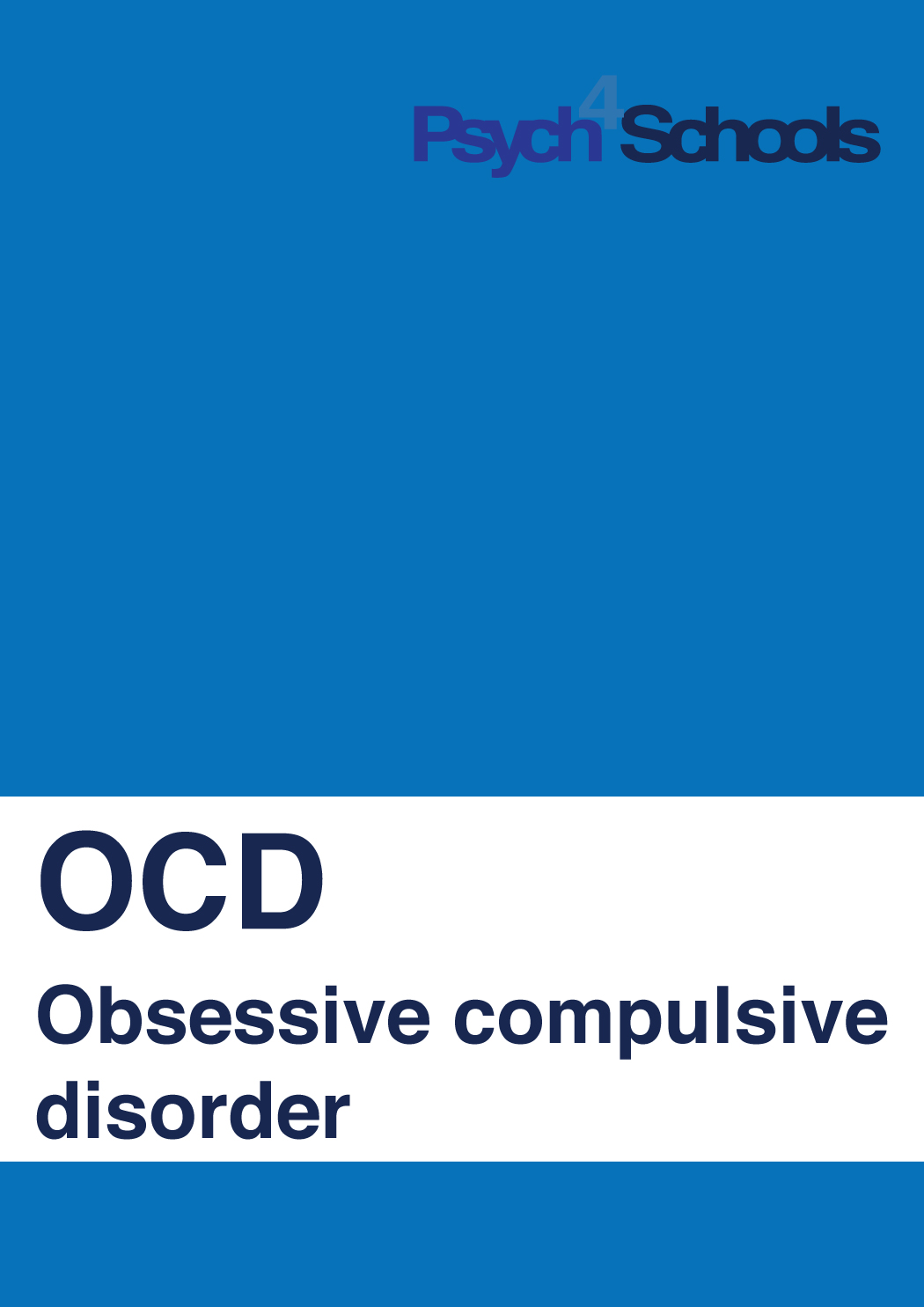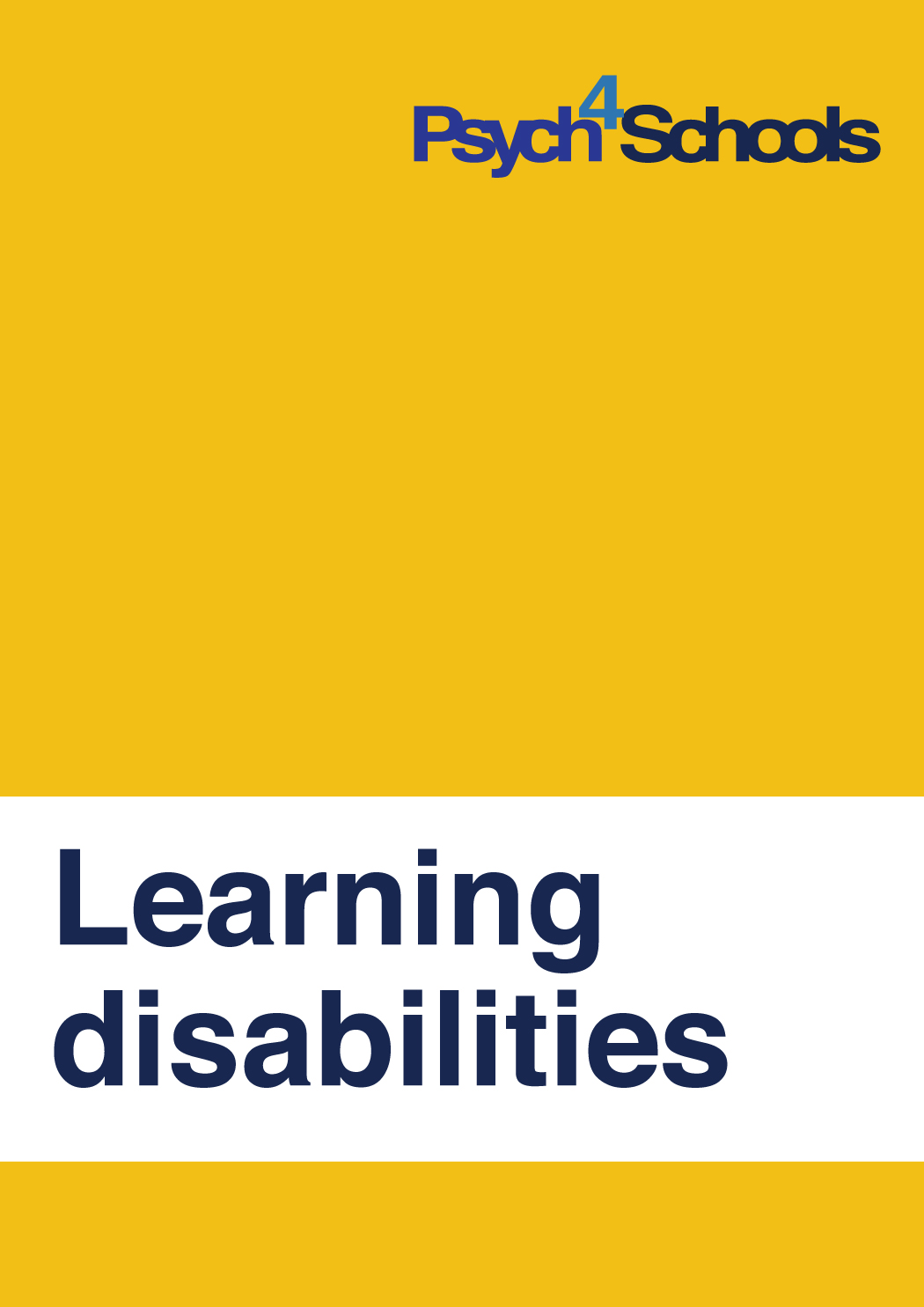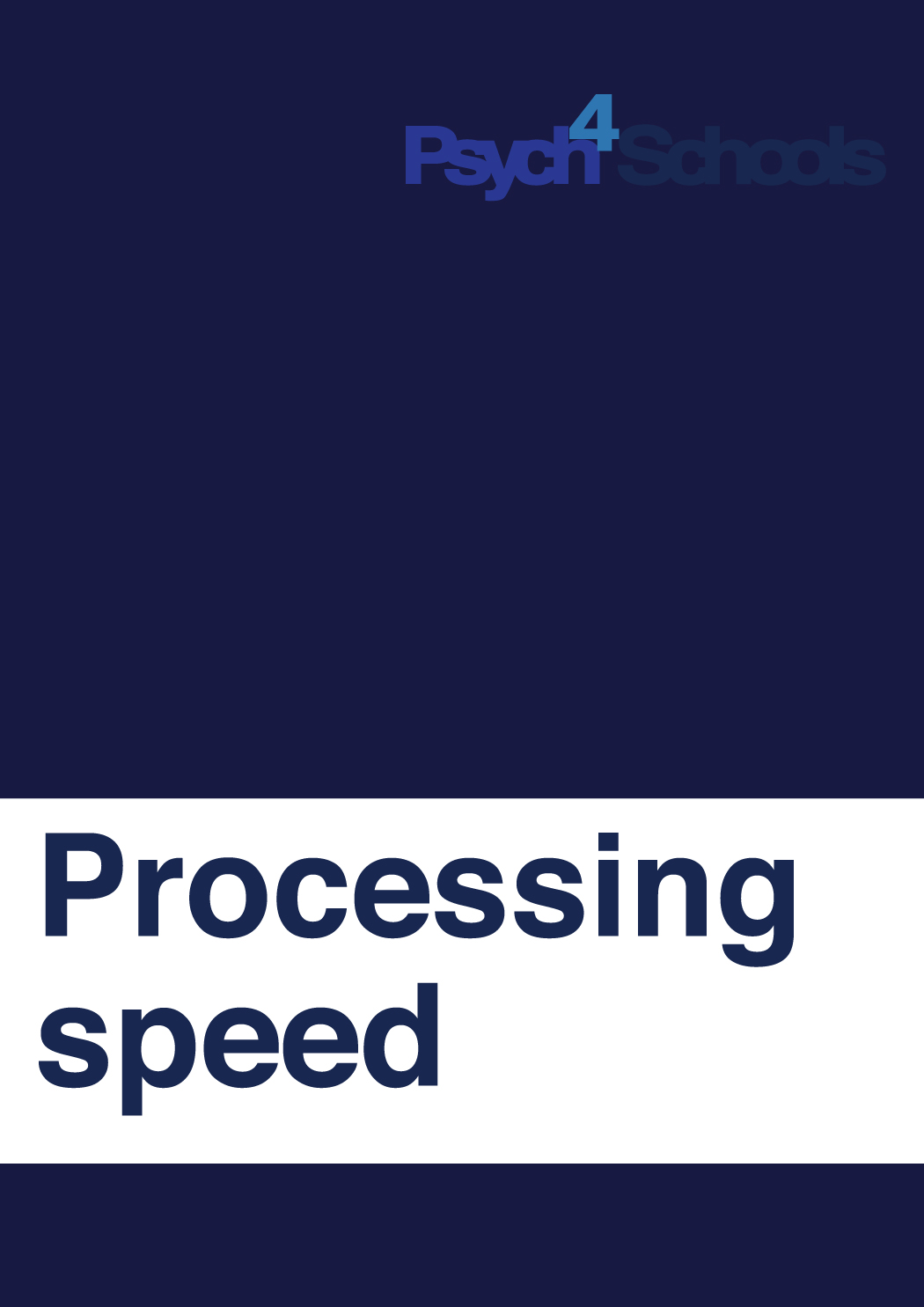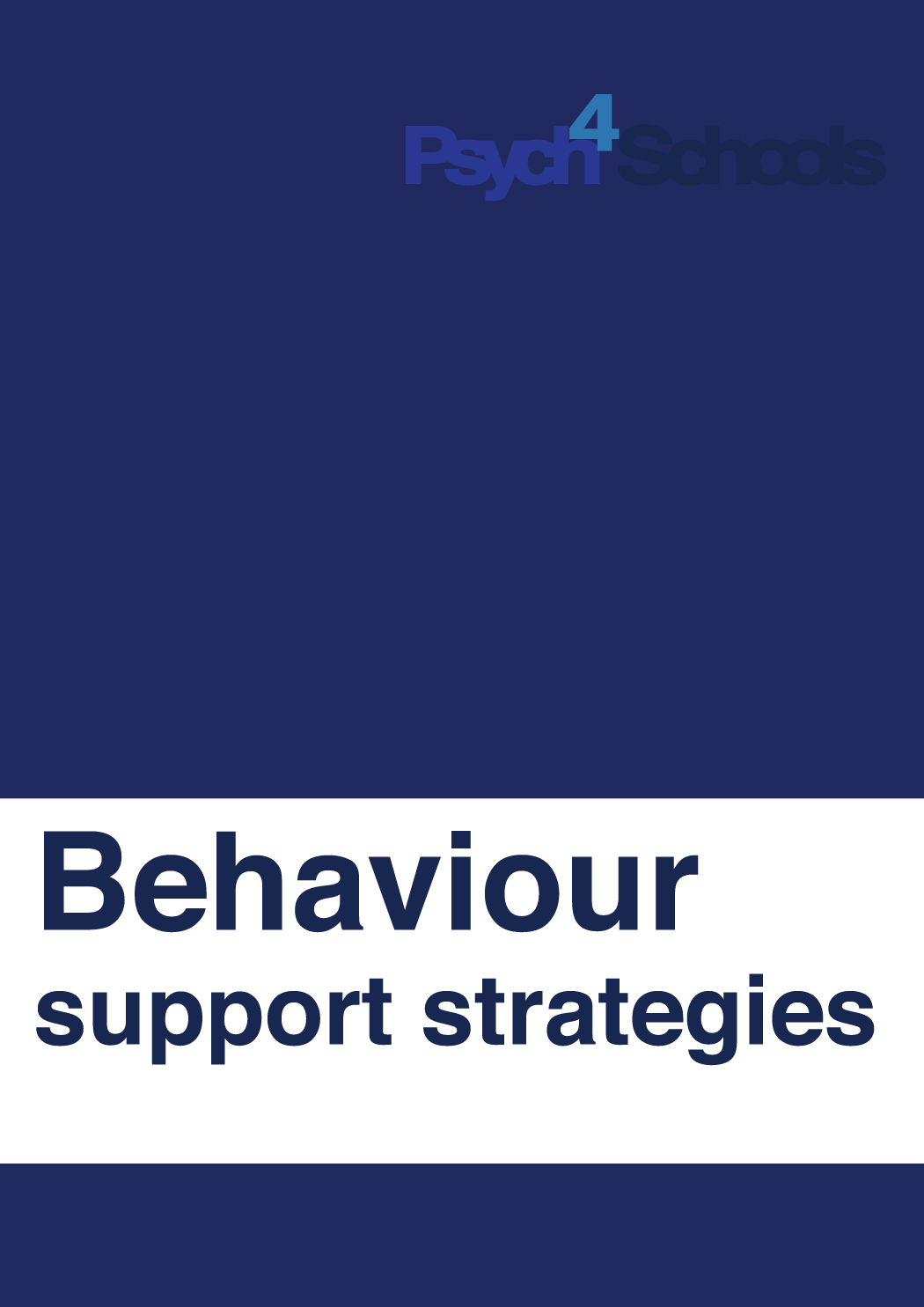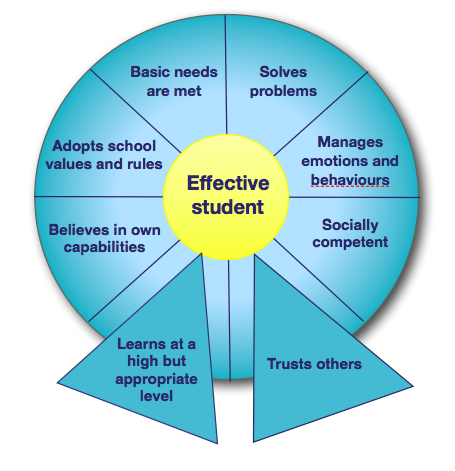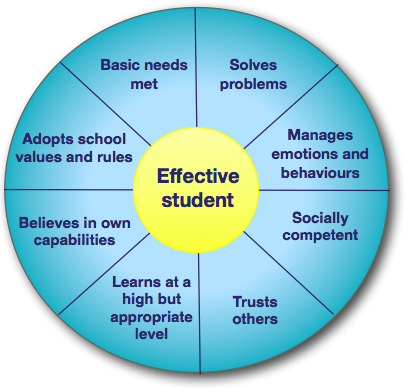A large number of children live with a parent who has a chronic, distressing or possibly life-threatening illness. The parent may have a mental illness, such as depression or schizophrenia, a terminal illness such as advanced cancer, a chronic illness such as diabetes or heart disease or an episodic or acute short-term condition such as
Read moreObsessive Compulsive Disorder (OCD) is a type of anxiety disorder that affects approximately 1 per cent of children. Children with OCD have persistent recurring obsessions (worries, thoughts, images, or impulses) that are unwanted, unpleasant and often the cause of extreme fear or anxiety. Children with OCD feel compelled to perform compulsive behaviours to reduce the
Read moreChildren with learning disabilities find it challenging to learn, particularly in the areas of literacy and numeracy. Despite having average to above average intellectual abilities, these children perform well below the expected level for their age and general ability, in one or more academic areas such as reading, writing, spelling, or mathematics. In Australia it
Read moreEnglish as an Additional Language (EAL)
Children who are new arrivals into Australia with English as a Second Language (ESL) face a number of challenges at school. For some of these children, the challenges relate to the stress that arises from cultural and language differences. As a result, these children may experience a range of emotions including frustration, loneliness, anger, resentment,
Read moreApproximately 33 per cent of all Australian marriages end in divorce.[1] 4102.0 – Australian Social Trends, 2007 Australian Bureau of Statistics (2007). Accessed 14 January 2010 … Continue reading In addition, a significant number of other family relationships involve separations. Parental separation and divorce are stressful and upsetting for all family members, and involve major change and upheaval in
Read moreChildren with Asperger’s syndrome interpret the world very differently from other people. Asperger’s syndrome is characterised by significant impairments in the child’s social communication skills, difficulty regulating emotions, sensory sensitivity, learning difficulties, and repetitive or persistent behaviours and interests. They are typically eccentric and one-sided in social approaches with others and are often labelled ‘little
Read moreProcessing speed relates to an individual’s ability to perform simple repetitive cognitive tasks quickly and automatically. [1]Schneider, W. J., & McGrew, K. (2012). The Cattell-Horn-Carroll model of intelligence. In D. Flanagan & P. Harrison (Eds.), Contemporary … Continue reading Issues with processing speed only become evident once a person knows how to perform a task, rather than
Read moreFeel more prepared and confident for teaching this year
You’re probably already thinking about what 2016 might bring for you and your students, and planning your term 1 program. It can be helpful to review your successes from last year, and those things that didn’t go so well. This information can help you to plan, prepare and be confident about the year ahead, particularly
Read moreBehaviour support and student management
Behaviour support and student management are key aspects of teaching and learning. Teachers and other school professionals are constantly required to respond to challenging, difficult or emotionally ‘needy’ students on a day-to-day basis. The following strategies can be used as part of general teacher practice or more formally through the establishment of individual learning plans, behaviour support
Read moreStudents who can’t fall asleep at nights
The question below was featured on our forum a few years ago. Since then we’ve had lots of people offer suggestions. We’ve summarised some of the responses. Question ‘As a Year Level Coordinator, parents, one or two students and even a few teachers have asked me for advice about how to advise students about how
Read moreGreeting your students as they enter the classroom
Late last year a colleague of mine told me he had begun greeting each of his students as they entered the classroom before a lesson, after it was suggested at a PD he had attended. Almost immediately he noticed a shift in the behaviour of his students. Students who were regularly disruptive were less so,
Read moreStudent with a slow work pace? Poor processing speed?
Processing speed relates to an individual’s ability to perform simple repetitive cognitive tasks quickly and automatically.[1] Schneider, W. J., & McGrew, K. (2012). The Cattell-Horn-Carroll model of intelligence. In, D. Flanagan & P. Harrison (Eds.), Contemporary … Continue reading. Issues with processing speed only become evident once a person knows how to do a task, rather than in the
Read more‘Helicopter’ parents in the classroom
‘Helicopter’ parents are overprotective parents who relentlessly hover over their children, removing all challenges and potential dangers, and micromanaging their affairs. They want ‘happy’ children and often have unrealistic expectations of what the school can and should do for their child. ‘Helicopter’ parenting can have a serious negative impact. Recent research by Lereyaa, Samarab and Wolkec (2013,
Read moreHelping students with dyslexia
Dyslexia is a specific learning disability that affects up to 5% of children. These children have difficulties with: Phonological processing. Problems associated with connecting written letters to their corresponding sounds (phonemes) are reflected in an inability to rapidly name letters and their common associated sounds. Hence, children struggle to decode letters and words when reading,
Read moreUse trust and learning to promote student wellbeing
Many teachers spend the first few weeks of the school year establishing social and behavioural expectations. School values, class rules and routines, personal and playground safety, bullying, protective behaviours and cyber-safety agreements coupled with various thinking tools are some of the key areas explored. It is a busy time of the year, as teachers begin
Read moreStudents are better able to manage their school day and learn effectively when they are healthy, feel safe, can regulate their feelings and emotions and are largely worry free. Linking individual student wellbeing and management with teaching and learning are on-going challenges for today’s classroom teachers. The following eight factors can help build student wellbeing. The
Read more
